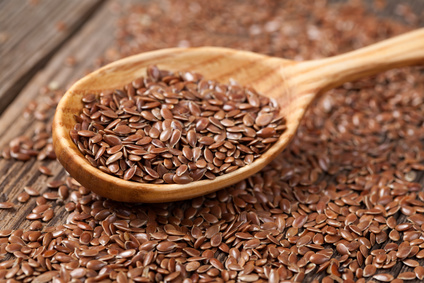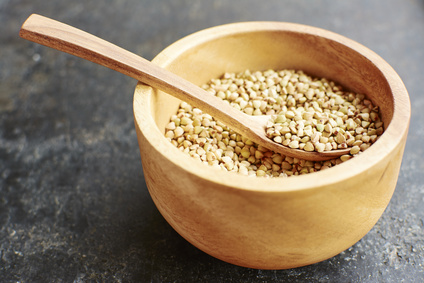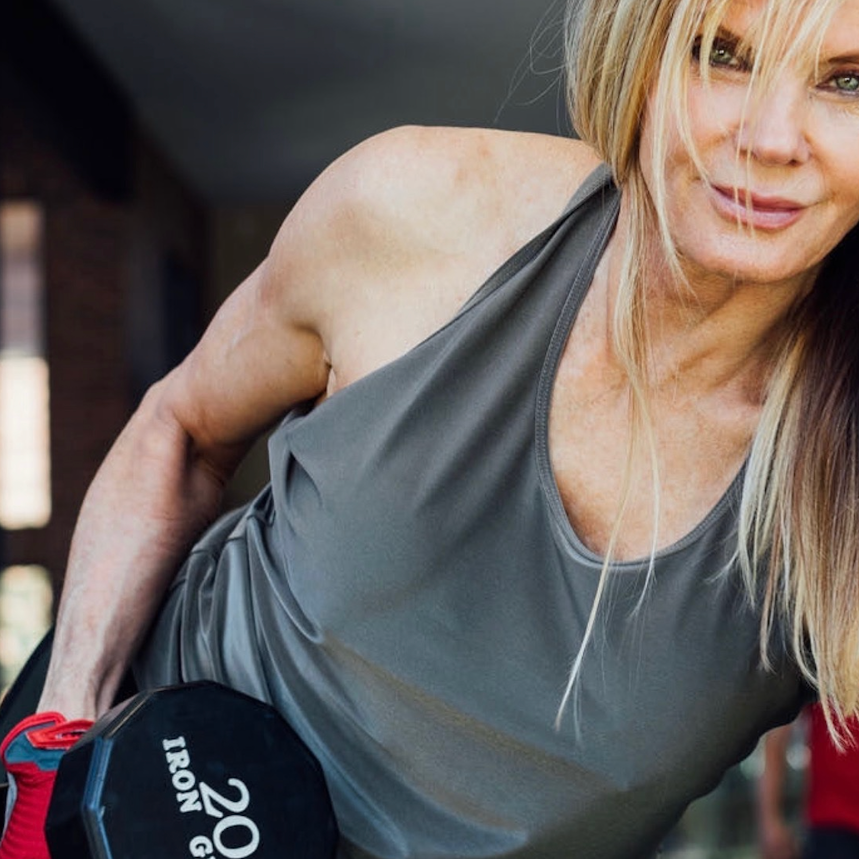What Seed Is Right For YOU?

Big nutrition can come in the tiniest packages, especially if that package is a seed. A super combo of healthy fats, protein, fiber, vitamins, and minerals, seeds are miniature workhorses. Match the perfect seed to your needs with this quick guide.
FLAX SEEDS – Nothing fishy here
Full of healthy omega-3 fats that you find in certain fish, flax seeds also deliver fiber and cholesterol-reducing lignans. Flax seeds have to be ground for your body to access their seedy goodness, so buy them ground. Their flavor is very mild so you can add flax to practically anything for a nutrition boost. Try it in oatmeal, smoothies and soups.
Nutritional Info for 1 Tbsp of Flax Seeds:
37 cals
3 g fat
1 g protein
2 g carb
2 g fiber
PUMPKIN SEEDS – Heart disease, stroke and diabetes risk-reducer
One tablespoon of pumpkin seeds has as much magnesium as a whole banana and it delivers healthy fats at the same time. Also known as pepitas, pumpkin seeds are also a good source of zinc. Start adding them to stir fry dishes and casseroles before cold and flu season for a tasty added defense.
Nutritional Info for 1 Tbsp of Pumpkin Seeds:
45 cal
4 g fat
2.5 g protein
1 g carb
0.5 g fiber
CHIA SEEDS – Full of fiber
Chia seeds can add a little crunch to just about any food, but it’s chia’s soluble fiber that creates a sense of fullness that will curb cravings. Chia seeds become jellylike when combined with any liquid, which makes them a good thickening ingredient. Add them to yogurt and smoothies to up the fun factor of eating.
Nutritional Info for 1 Tbsp of Chia Seeds:
60 cal
4.5 g fat
3 g protein
5 g carb
5 g fiber
SUNFLOWER SEEDS – affordable nutrition
The hardy sunflower can be grown in almost any climate, so they are one of the most budget-friendly seeds. Best known for being an excellent source of vitamin E, sunflower seeds are great in salads and stir fry dishes. Choose raw, not roasted, seeds to avoid calorie-adding oils.
Nutritional Info for 1 Tbsp of Sunflower Seeds:
51 cals
4.5 g fat
2 g protein
2 g carb
1 g fiber
HEMP SEEDS – plenty of protein
The hemp plant is one of nature’s multi-taskers. The plant is grown to make rope and fabric, but the seeds – often called hearts – are nutty-tasting and full of nutrition. Hemp’s cousin is the cannabis plant, but you’ll only experience a health high from hemp. A good source of protein and omega-3s, hemp seeds can be eaten as a snack or added to salads, casseroles and yogurt.
Nutritional Info for 1 Tbsp of Hemp Seeds:
1 Tbsp
57 cal
4 g fat
3 g protein
1 g carb
1 g fiber











Great information in a concise and useful form. Thanks much, Kathy!